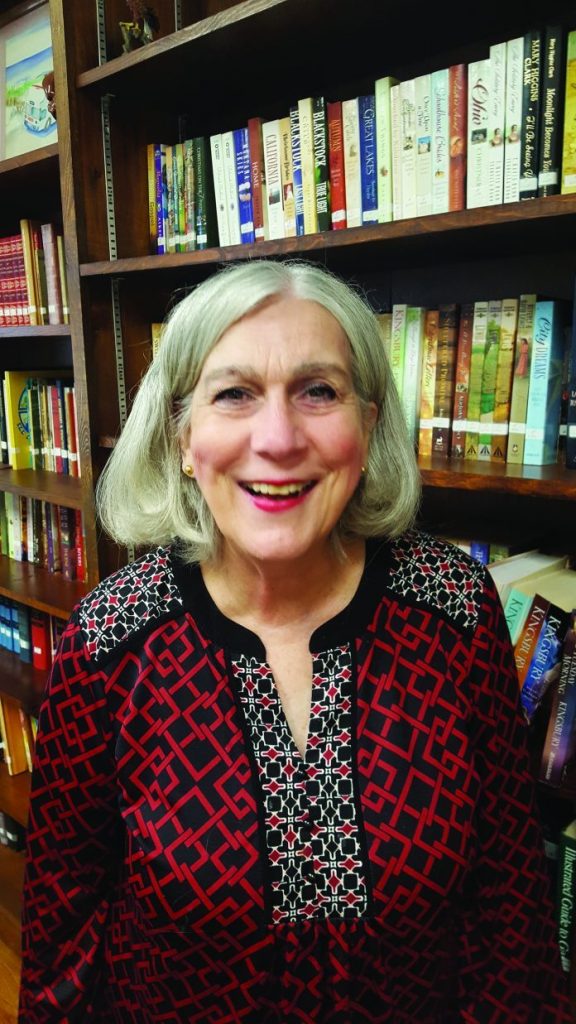By Beth Pinyerd
The last two Classroom Observer columns have been focusing on early childhood. I believe that the Auburn-Opelika area offers so many wonderful learning opportunities for our young children.
The early childhood years from infant to 5 years old are such important years in a person’s life. Young children are so open to learning in their earlier years. What an exciting but demanding time for parents and caregivers of younger children!
As children grow, their curiosity and learning needs are met by the time we spend with them in meeting their individual needs.
Success and outlook in life begin in these very early years, so we do not want to ignore the needs of a young child.
Here are some basic needs of younger children:
1) Appreciation: Younger children need people who really understand and appreciate who they are and understand that they have certain age and developmental needs. We meet their needs by providing activities and a learning environment where they can learn new concepts, apply what they have learned and be successful. It’s important for us to observe the needs of each age group as well as individual children in planning activities that are relevant to the age and interest. Children with special needs also need to have carefully planned family activities where they feel included and have a chance to succeed.
2) Secure: Younger children need to feel safe and secure. Keeping young children on a predictable schedule gives them security and they know what to expect. The time we spend with our children gives them a base of security. The way we talk and communicate with our children show acceptance or rejection. Young children quickly pick up on the tone of our voice and instructions. We want to encourage and not break their spirit as they begin their lives in learning, self development and social development. A balance of instruction, discipline and praise is so important for a young child.
3) Explore: Younger children learn by exploring, in a supervised fashion. Children from toddlers to 5-year-olds rely hands-on, visual learning. Having a variety of different materials that are safe for young hands to explore encourages younger minds to learn new concepts. Materials don’t have to be expensive but available. The parent or caregiver needs to make himself or herself available as the resource person in guiding the young child as needed in answering questions.
4) Significance and Belonging: As a teacher of young children, I realize first-hand how important it is for our little ones to feel important and special as they are! In a family, assign tasks or chores that little hands can do. Guide your older children in the family to teach and spend time with their siblings. Good relationships with caring adults can be a foundation for learning and development in the early childhood years. This foundation is so essential in learning and good adjustment.
Pinyerd has taught young children in the early childhood classroom for 34 years, as well as outreaching to the elderly in intergenerational settings. She has taught and outreached in the schools in Opelika and Baldwin County. She holds a master’s degree in early childhood education as well as a bachelor’s degree in family and child development both from Auburn University. Her husband is the late Carl Pinyerd, and she has one son, Gus Pinyerd, who has taught her so much about learning. Classroom Observer is here to serve the community in sharing the wonderful teaching programs in our local public schools, private schools and homeschools. The column is provided to enrich the education of our children, youth and families. Classroom Observer welcomes educational news, school news, pictures and events by e-mailing her at donnapinyerd@charter.net.
